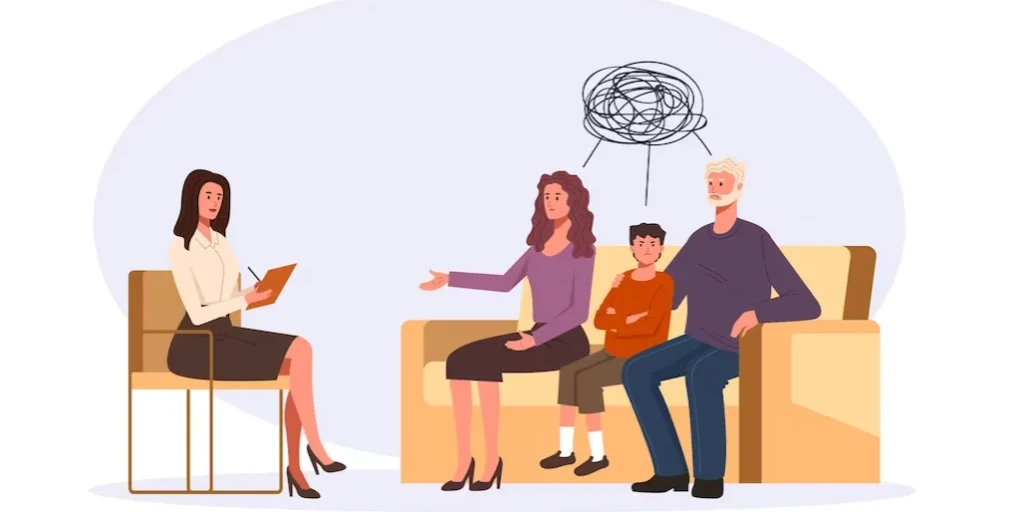24/7 Helpline:
(866) 899-221924/7 Helpline:
(866) 899-2219
Learn more about Anxiety Treatment centers in Fabens

Other Insurance Options

Horizon Healthcare Service

Coventry Health Care

Excellus

Highmark

Group Health Incorporated

Cigna

Lucent

Providence

Carleon

BlueCross

United Health Care

Holman Group

Access to Recovery (ATR) Voucher

ComPsych

Ceridian

MVP Healthcare

Self-pay options

BHS | Behavioral Health Systems

Sliding scale payment assistance

Health Partners









